BUY MEXICAN ID CARD
$1,007.00
Description
The Significance of the Mexican ID Card in the U.S.
In the realm of the estimated 8.5 million undocumented immigrants residing in the United States, the challenges of daily life have always loomed large. They not only lack the legal status to live and work in America but also grapple with the inability to establish their identities. This lack of identification serves as a barrier, preventing them from accessing essential public and private services and exacerbating their apprehensions about engaging with law enforcement and other official bodies. The aftermath of September 11, 2001, only intensified these concerns. In this context, a significant number of the approximately 4.7 million undocumented Mexicans in the U.S. turned to a lesser-known document issued by the Mexican government: the matrícula consular, or the Mexican Consular ID Card. While these cards have offered a sense of security to undocumented immigrants, they have sparked a debate and received mixed reactions from various quarters.
The Ongoing Debate
The merits of Mexican Consular ID Cards have ignited a passionate debate among the public, political figures, the media, the private sector, immigration authorities, and law enforcement agencies. Advocates of these programs argue that the cards protect immigrants and their communities. They facilitate the opening of bank accounts, provide limited access to public services, and enable cooperation with authorities in addressing crimes and social issues. However, critics question whether undocumented immigrants should have access to such services, asserting that these programs undermine U.S. policy and promote unauthorized immigration.
The outcome of this debate carries significant implications for millions of undocumented immigrants and could shape the United States’ domestic security efforts. To comprehend this debate fully, we must delve into several key aspects of Mexican Consular ID Cards programs, including the extensive Mexican program, the role of these cards in immigrant banking and remittances, their impact on local law enforcement, and the potential for similar programs from other countries.
Mexico’s Robust ID Program
Mexican consulates have been issuing the matrícula consular, or the matrícula, to Mexican citizens living abroad for over a century, marking 131 years of its existence. This Mexican Consular ID Card serves as a tool for the Mexican government to keep track of its citizens for consular and tax purposes, gather data, and uphold what the government regards as a fundamental human right: the right to self-identify.
Ensuring Security of Mexico’s Matrícula Consular
To obtain a matrícula consular, any Mexican citizen living abroad must apply in person to consular officials. Applicants must present a Mexican birth certificate along with a photo ID issued by a Mexican government authority, such as a voter registration card, passport, military service card, or an expired matrícula. If these documents are unavailable, the consulate confirms the applicant’s identity by investigating their background through Mexican authorities. Additionally, applicants must provide proof of their U.S. address, typically a utility bill, within the consular district’s jurisdiction. The consulate records the applicant’s information, card number, and a digital photo, forwarding these to a central registry in Mexico.
Critics argue that the documents used for identity and citizenship verification during card issuance can be falsified. They point to cases where a Mexican individual arrested for immigration violations possessed three matrícula cards under different names. They also raise concerns about the possibility of individuals from other countries fraudulently obtaining a matrícula.
Proponents contend that the matrículas are secure, comparing them to U.S. state-issued driver’s licenses. These cards feature sophisticated tamper-proof holograms that make forgery or alteration extremely difficult. Supporters also anticipate that the matrículas will soon include a security feature that driver’s licenses lack: a nationwide computer network providing consulates instant access to cardholder information.
These cards confirm the holder’s identity, certify their Mexican citizenship, and provide their place of birth and U.S. address. They cost approximately $29 each and remain valid for five years. Importantly, these cards are issued without regard to immigration status and contain no immigration-related information. While legal Mexican residents in the U.S. may also use the matrícula, it proves most valuable to undocumented individuals who are less likely to possess passports, green cards, or other identification forms.
The matrícula’s popularity surged in late 2001 and early 2002 due to post-9/11 anxieties about identification. In response, the Mexican government actively promoted the cards through its network of 47 consulates in the U.S. and established “mobile consulates” to reach communities without consulate presence. This outreach proved highly effective, with over 1.4 million matrículas issued in the U.S. in 2002, compared to 664,000 worldwide in 2001.
Additionally, Mexico enhanced matrícula security and the issuance process. It initiated a well-coordinated campaign to educate U.S. banks, police departments, and governments about the cards’ new features and encouraged their acceptance as valid identification. The campaign addressed two critical needs of undocumented Mexican immigrants: the ability to identify themselves to local law enforcement and the capacity to access financial services for saving and remitting money.
Impact on Banking and Remittances
Even before September 11, the lack of identification posed challenges for undocumented immigrants seeking to open bank accounts or send money abroad. Roughly 43 percent of Latinos in the U.S. lack bank accounts, with an even larger proportion of undocumented Mexicans in the same situation. Identification hurdles contribute to undocumented immigrants’ reliance on expensive check-cashing services, cash-based savings, and costly wire-transfer services for remittances. These practices make them vulnerable to theft and home invasions, subject them to high transaction costs, and represent untapped financial resources.
Mexicans working abroad send money back home, equivalent to at least 1.1 percent of Mexico’s GDP, making the banking issue critical to Mexico’s domestic economy and the well-being of its overseas citizens. In the past two years, the matrícula has helped Mexicans satisfy U.S. banks’ documentation requirements, creating a new market for these banks. Presently, over 70 banks and 56 credit unions accept the matrícula as one of the two required forms of identification for opening accounts. Major banks, including Citibank, Bank of America, U.S. Bancorp, and Wells Fargo, are among those that accept the card. Wells Fargo, which began accepting the matrícula in November 2001, estimates having opened over 70,000 new accounts using this card.
Both Mexican and U.S. government policies played a significant role in mainstream financial institutions’ acceptance of the matrícula. Mexico enhanced the card’s security features to meet U.S. banks’ standards and actively promoted the card to major financial institutions. In July 2002, the U.S. Treasury Department issued guidance to banks, explicitly stating that the “know your customer” requirements of the USA Patriot Act did not prohibit the use of the matrícula for identification verification, though it did not formally endorse its use.
Local Law Enforcement
Local U.S. police and sheriff departments have been staunch supporters of consular IDs, with an estimated 800 departments accepting the matrícula as valid identification. Many cities have also

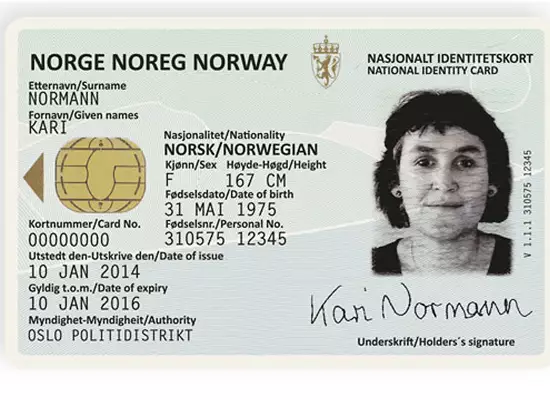
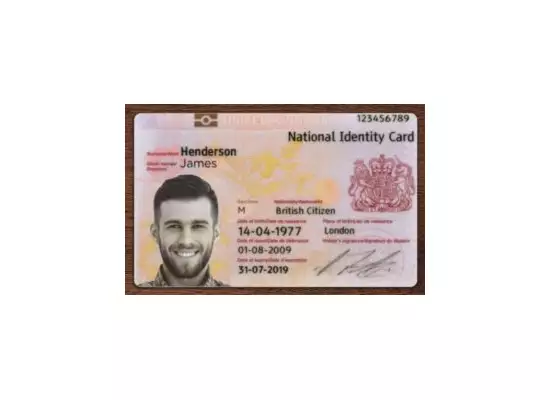
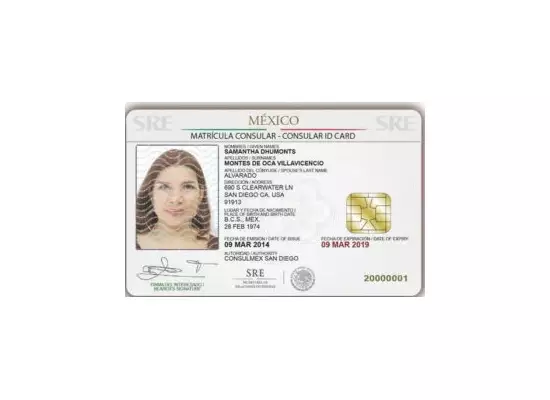
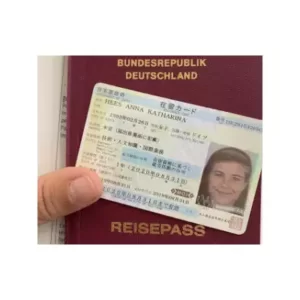
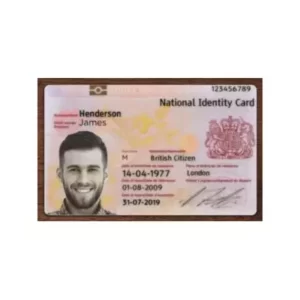
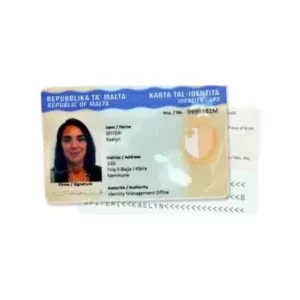
Reviews
There are no reviews yet.